Watching anime is like connecting the dots of a picture; one leads to another, forever changing the picture’s shape. Some dots are out on their own, but others are connected to everything else, making the overall picture that much clearer in my eyes. One obvious example here is Mobile Suit Gundam, the first real-robot anime, another is Nausicaä of the Valley of the Wind. Anime such as these I’m proud to say I’ve seen, because they forever shape my understanding of the medium today. I realise what I’m doing here is advocating watching anime for educational purposes, which might not seem fun (I mean, this stuff is supposed to be fun, right?), but if a series is as revered today as it was in 1980, I find it’s safe to assume that it’s also pretty good.
In October of 2009, I started watching Revolutionary Girl Utena. One year later, almost to the day, I started watching Star Driver. In my mind, these two are connected. Although Star Driver is a much less serious (and, if truth be told, inferior) series to Utena, there are some obvious similarities. By way of the process described above, then, in April of this year, I also started watching 1979’s The Rose of Versailles. Utena led me forwards to Star Driver, but also backwards, to The Rose of Versailles. Such is the journey of an anime fan.
To understand where Utena’s masculine energy came from, one need look no farther than the amazing rose of Versailles herself, Oscar François de Jarjayes. Born a girl, but raised boy by her aristocratic father, Oscar’s destiny in The Rose of Versailles is intertwined with France’s bloody revolution.
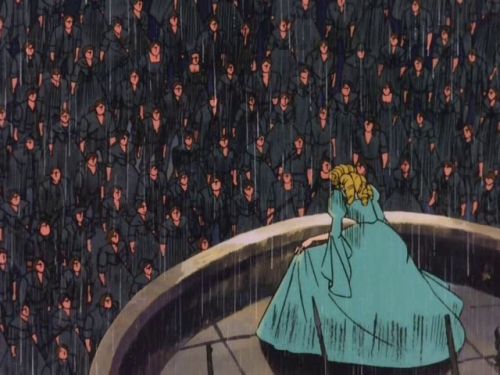
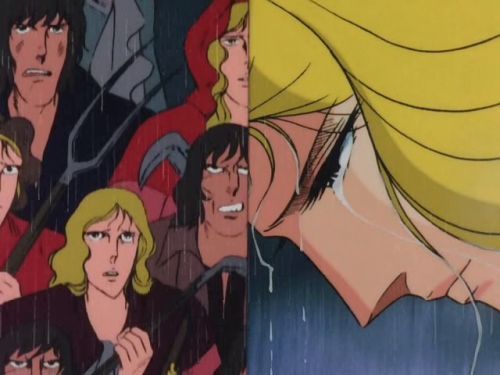
Being the new commander of Versailles’ royal guard, she begins the series as our main character, ingratiating herself into the French nobility (including the ill-fated, spoilt Queen Marie Antoinette), but as the series goes on, she comes to represent the tainted innocence of the French people and the lost paradise of the nobility, her world coming apart around her, everything torn to pieces.
Trained as a peerless military leader, Oscar’s loyalty to the institution is at odds with her womanhood. Can she admit her feelings to the man she loves? Or honour the oaths of her father as a soldier? This is not even a question early in the series, but as her heart begins to waver, France’s own landscape seems ready to transform, too: it’s a country ready to remake itself.
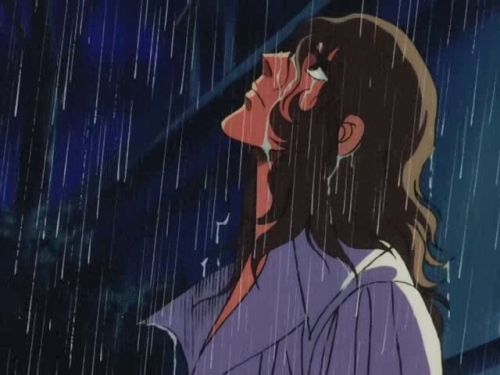
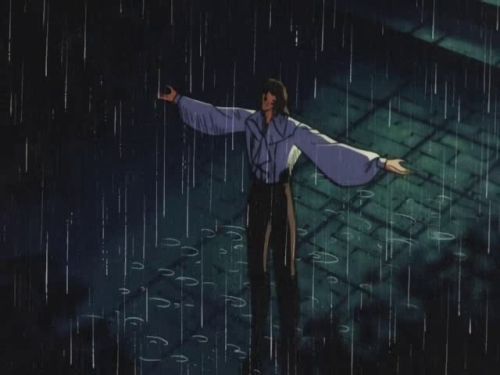
All that’s left, then, is revolution, and a tragic thing it is, too. We see the old France fall in carnage, but not the rise of the new: things that are broken should remain broken? The Rose of Versailles was never about revolution itself, but rather, its causes, so it’s fitting, then, that it should end with the sacking of Versailles, I just wish it wasn’t as cruel.
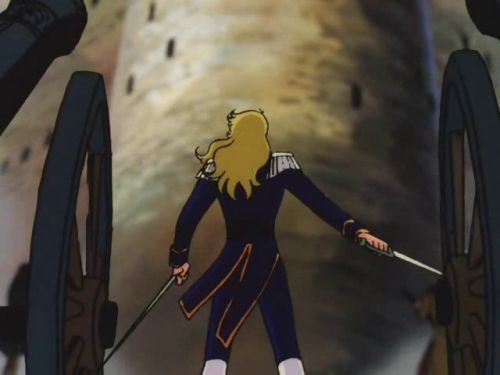
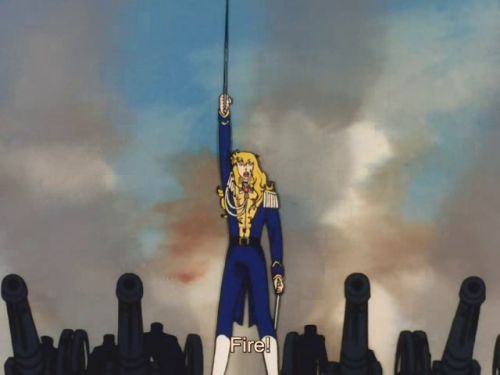
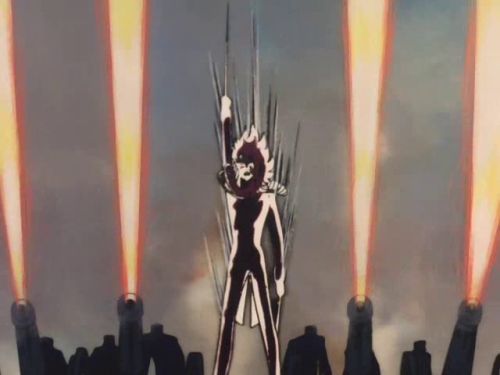
Oscar became an amazing character. Became is an important distinction to make here, because for the first half of the series, she’s so composed and strong as to seem invincible, yet as the 20 years of story pass us by, weaknesses begin to appear. She was granted the loyalty of royal guards by birth-right, but later has to earn the hearts of France’s public. She manages just that: in the end, she’s a true commander, inspiring her troops and leading from the front, but just as crucially, a proud woman. It’s amazing to see her standing there at the Storming of the Bastille, organising the canon fire: Oscar is a giant at this point, a fragile, brave person, standing in-front of everyone else, her life burning brighter than ever before.
So, I’m proud to have finally seen The Rose of Versailles because it’s an important landmark in the history of the medium, yet as I start again to map the constellations of anime, such things suddenly seem like more a concern for tomorrow. As for today, at least…
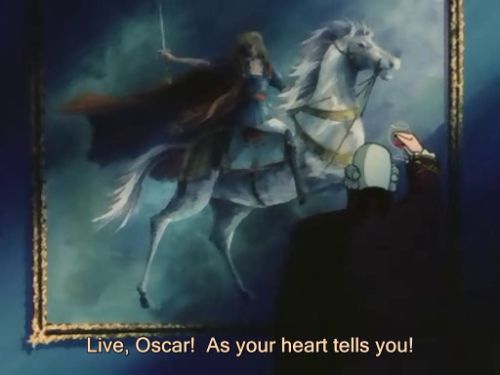
I’ve discovered a new shining star…
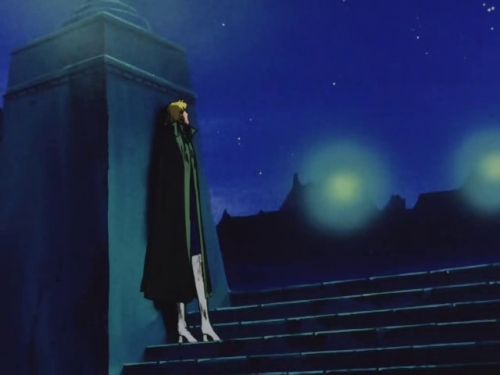
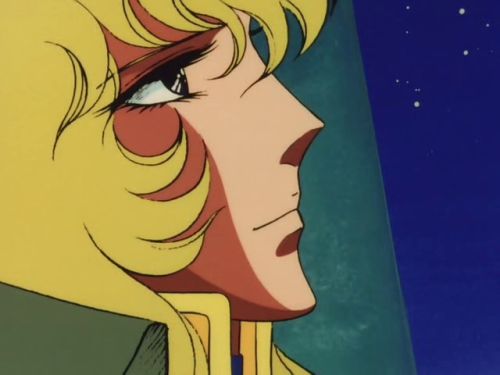
…and I just want to marvel.

Leave a Reply